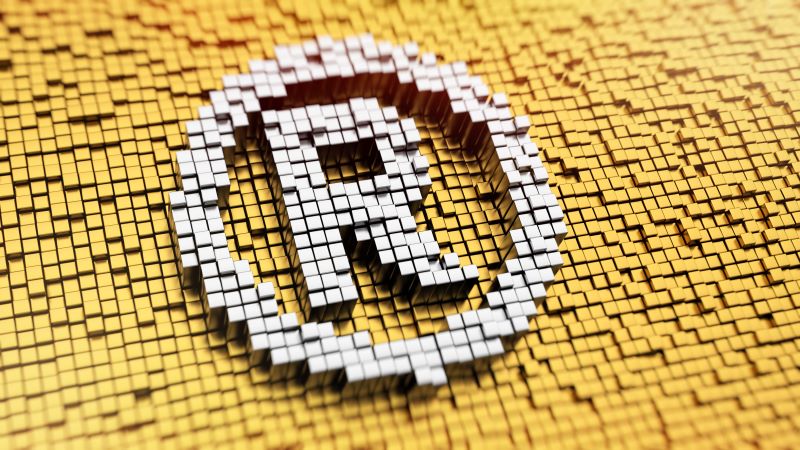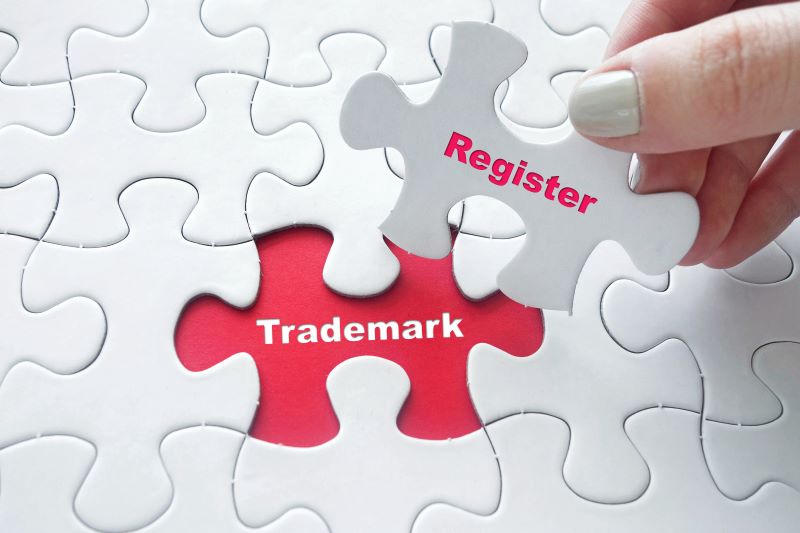After covering this topic for the territory of Serbia (see Non-use strategies: What you need to know about trademark refiling in Serbia), let’s take a look at the specificity of the trademark legislation and practice relating to refiling in Bosnia and Herzegovina.
The Bosnian Law on Trademarks (Art. 6.1.c) provides that a mark shall not be registered as a trademark if it is identical to an earlier trademark which is registered for identical goods and/or services. In other words, the holder will be able to protect an identical trademark only upon surrender of their earlier trademark. Such action will assuredly renew the non-use grace period, however the priority rights acquired by the earlier registration will be lost.
To keep the earlier registration and still maintain the validity of a trademark which is not used on the market yet, the holder has the option of filing a new application which differs either in the representation of the sign or the goods and services covered.
Filing of an application for a sign which is slightly different from the previously registered one for identical goods/services
As long as the new sign is not identical to the one already registered, it should pass the IPO’s examination standards. In Bosnia and Herzegovina, the identity of trademarks as an absolute ground for refusal is still conducted ex officio. Therefore, when choosing the new sign, the holder should bear in mind the current practice regarding the identity threshold established by the IPO. According to said practice, the sign will be considered identical to the earlier mark when it is reproduced without any modifications or additions, that is, if it contains differences that are so insignificant as to go unnoticed by the average consumer.
The IPO will establish identity if:
- the signs differ only in the use of a common font style or in the use of the lower or upper-case letters;
- figurative marks differ only in colours, unless such modification changes the overall impression of the sign;
- the signs differ only in generic or descriptive terms;
- the signs represent a positive or negative version of one another.
To illustrate the above, here are some examples taken from the IPO’s Guidelines:
The following marks will be considered identical:

The following marks will not be considered identical:

Therefore, if the difference between the new sign and the previously registered trademark are in line with the IPO’s practice, as mentioned above, the list of goods and services could stay unchanged.
Filing of an application for an identical sign but for a list of goods/services that is not identical to the list covered by the earlier registration
The other option would be to file an application for the registration of an identical mark with a changed list of goods and services that the IPO would not consider identical to those already registered.
As opposed to the Serbian IPO’s current practice of establishing the identity between goods/services, which allows the registration of new applications as long as they do not cover terms identical to or synonymous with those covered by the previously registered mark the Bosnian IPO’s practice is closer to that of the EUIPO. In terms of the EUIPO practice, the identity of the goods and services exists not only when the same terms or synonyms are used, but also when the goods and services fall within the broader category and vice versa. E.g., if the earlier mark is registered for pharmaceutical preparations, in general, the later mark cannot be filed for medicine for a specific purpose.
Bad faith
Filing of an application in bad faith was introduced in the Bosnian Law of Trademarks in 2011 as one of the relative grounds for cancellation. Since an application cannot be objected to during the examination stage on the basis that it was brought in bad faith, the only option for the owner of an earlier trademark who wants to contest such application is to file a cancellation action once the application matures to registration. However, it should be taken into account that applications are presumed to have been filed in good faith and, hence, it must be proven that the applicant was acting in bad faith at the time of filing the application. As a result, the existence of bad faith in a cancellation action is hard to prove in practice, which explains why trademark owners rarely take this approach.
To sum up, refiling of an identical trademark for identical goods/services before the IPO of Bosnia and Herzegovina is not an option as it will be rejected ex officio. However, modified applications, as described above, are allowed on the basis that they purport to, for example, modernise the old trademark or update the list of goods and services. In this way, trademark owners can, to a large extent, reproduce the effect of refiling.




